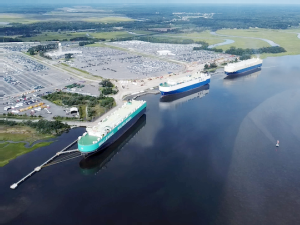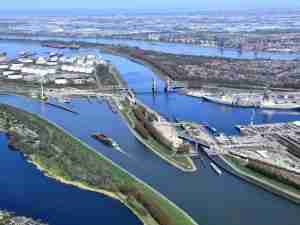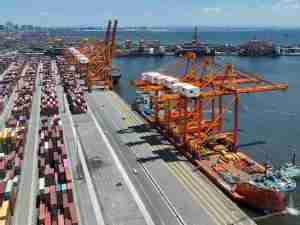Big questions surround the far-reaching plans by Thailand's largest construction firm, Italian-Thai Development Pcl , to transform 250 sq kms (97 sq miles) of scrubland in southern Myanmar into Southeast Asia's largest industrial complex.
"There is very little activity around here related to this project. A lot of us wonder if they are really confident enough about it to go forward with it," said Kyaw Naing Oo, 40, a trader in Maungmakan, whose white-sand beaches would border the project.
That comment is echoed by other villagers, industry analysts and even the government.
In a country where a third of the 60 million people live on less than one U.S. dollar a day, Dawei is striking in its scale and ambition.
Super-highways, steel mills, power plants, shipyards, refineries, pulp and paper mills and a petrochemical complex are part of it, as are two golf courses and a holiday resort - all strategically nestled in Southeast Asia between rising powers India and China.
But just over a year since the former military junta signed a deal to create Myanmar's first and biggest special economic zone (SEZ) at Dawei, the project has made little headway, despite the dramatic political reforms sweeping the country and the prospect of a gradual lifting in Western sanctions as the former British colony emerges from half a century of isolation.
Italian-Thai has yet to secure $8.5 billion to finance construction of its first phase -- roads, a telecoms network, utilities and a port -- after building a dirt road of more than 100 km (62 miles) to neighbouring Thailand. Its executives hope to find a strategic partner by year-end and plan to present the project to potential investors in South Korea this month.
Myanmar Energy Minister Than Htay told Reuters last week that at least two other SEZs would be developed more quickly than Dawei: the Thilawa project near the commercial capital, Yangon, and Kyaukphyu, where the China-Myanmar pipeline starts and a deep-sea port is nearly finished.
"It is faster than the Dawei zone," he said of Kyaukphyu. "Now we are considering supplying the electricity at Kyaukphyu area," he said.
Securing a stable source of electricity has been at the heart of Dawei's problems since the government abruptly halted construction of a 4,000 megawatt coal-fired power plant in the area on Jan. 10, citing environmental concerns.
Energy Supply "Not Sure"
Somchet Thinaphong, managing director of Dawei Development Co Ltd, controlled by Italian-Thai, told Reuters on Jan. 23 that its power plant partner, Ratchaburi Electricity Generating Holding Pcl, would decide on a fuel type within three months, including the possible use of natural gas funnelled to the site via a 50 kms (31 mile) pipeline from fields within Myanmar.
But Than Htay ruled out using natural gas to fuel Dawei.
"Up to now the electric power supply for that project is not sure," he said of Dawei.
In a country beset by chronic electrical outages, powering even a home can be difficult, let alone an industrial zone. Blackouts are common across the country, even at Yangon's international airport.
That puts pressure on Ratchaburi, whose involvement is limited to a feasibility study as "a preliminary step", it said in a Nov. 16 statement.
Than Htay stressed other ministries would decide Dawei's future, not his. But he offered his personal view of what the government will do: "My guess is sell out, according to the contract made by the previous government."
Italian-Thai , which signed a 60-year concession to develop Dawei 14 months ago, has brushed aside those comments. Somchet of Dawei Development Co insists the project will go ahead. "It's at the point of no return. They can say whatever they want but the final decision will depend on the special committee chaired by Myanmar's pre










